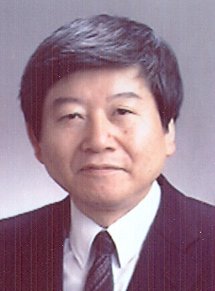Tadashi Yoshida, born in Tsu-city, Japan, in 1940. Ph.D. from Princeton University. Professor of History of Science, and Director of the Center for Northeast Asian Studies at Tohoku University.
Fellow (1 September 1999 – 30 June 2000)
During my stay at NIAS, I first concentrated on my research project “The importation of Dutch Scientific Sources”. Books in Dutch had played a vital role in Japanese understanding of Western scientific knowledge in the Edo Period and the identification of these sources is crucial for our studies on rangaku (Dutch Learning). Limited time allowed me to check only a certain number of these titles at various libraries in this country. However, I could reasonably cover the fields of physics and astronomy, although I did not have enough time to examine as many chemistry books as I had initially intended. In the course of the above survey on Dutch astronomy books and while writing my paper on “Studies on Western star maps in the Edo Period”, I came to notice the importance of maps or atlases in disseminating Western astronomy in Japan. The world maps often have celestial maps (star maps) in the margins as decorations. Sometimes these are also illustrations of the world system (Aristotelian, Tychonian and/or Copernican). I was able to survey the subject: “Copernican system in maps”.
As a member of the theme group “Ethnic Interaction and the Representation of Identity in Early Modern Asia”, I focused my research on the cultural factors for identification, topographical boundary demarcation, and traditional views of foreigners. I took up more than twenty-five chronicles of Japanese sea drifters as the objects of my analysis. I found how strongly those cultural factors to identify themselves as Japanese, which they had never been aware of in their ordinary daily life, came to surface when they encountered foreigners in emergency situations.
